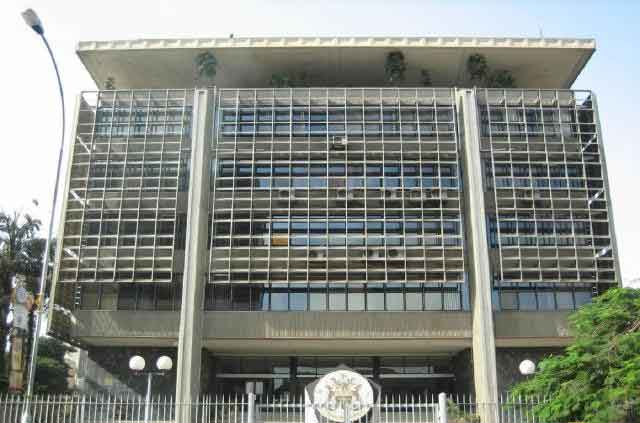
Kampala, Uganda | THE INDEPENDENT | The banking sector is advising investors and other private sector borrowers to re-think their investments and investment plans because the attractiveness of investments to credit has been highly affected by the COVID-19 pandemic.
The pandemic scared lending institutions away from the private sector, mainly the micro, small and medium organisations, as they noticed increased risk levels.
Both large and small scale investors were affected and the extent depended on the sector they’re in, with tourism, aviation, logistics, education and entertainment hit hardest, compared to trade, agriculture and cargo transport, among others.
However, larger companies are considered safer because they are assumed to have fallback positions like suppliers on credit, reserved capital and the ability to attract credit from other sources and even abroad.
Banks have been accused of abandoning the private sector in preference to lending to government through treasury bills and bonds, which are considered almost risk-free.
This has left the private sector, and mainly the smaller investors, with shrinking sources of financing. The bankers, through the Uganda Institute of Bankers and Financial Services have launched a month-long campaign dubbed ‘Your Money Can’, which they say aims at enhancing savings but also calls on Uganda to value their money more.
Goretti Msadde, the Chief Executive Officer at the Institute says Ugandans should learn to be resilient so that if a crisis like a pandemic hits parts of the economy, they can quickly adjust into new ventures, which can attract funding.
The drive comes amidst persistent complaints of high lending rates and other prohibitive conditions to lending, with the average private sector lending interest rate averaging 19%, despite the Central Bank base lending rate standing at a low 7%.
The bankers blame this on the high cost of doing business in Uganda like high utility costs, hard-to-reach rural populations as well as high costs of credit.
They say the cheapest sources of credit would be savings but, but that the level of savings by Ugandans at about 23 % of the GDP, is too low.
The Financial Sector Deepening Uganda (FSDU), a not-for-profit company supporting financial inclusion, says most of the economic activities by Ugandans are not aimed at raising savings, but for immediate survival needs.
FSDU Director for Programs, Joseph Lutwama challenged banks to support small subsistence activities to grow so that they will have surplus money to save, which will also interest them to demanding for financial services.
The financial sector is also challenged to integrate mobile money in the savings business by the financial sector, as it has become part of the daily financial activities of Ugandans.
Mobile money has been the fastest growing financial business for more than 15 years, and only rivaled by savings and credit societies, but these also are relying heavily on mobile money platforms to grow.
The worry over mobile money is that it was created specifically for transferring money and for making payments, but not for credit and savings. While some are offering microcredit, the credit they offer is limited in size as well as duration.
And much as they are fairly safe according to the bankers, their inability to give interest does not encourage savings. The Chairman of the Institute of Bankers, Dr Louis Kasekende says they mobile money technology is being underutilized because it is more popular than banks yet it offers little, hence the need for the financial sector to integrate it more in its activities.
However, FSDU’s Lutwama says Ugandans save money for use later, but not to grow it, so they have to be sensitized about the differences between saving on mobile money platforms and at the bank.
********
URN
 The Independent Uganda: You get the Truth we Pay the Price
The Independent Uganda: You get the Truth we Pay the Price



